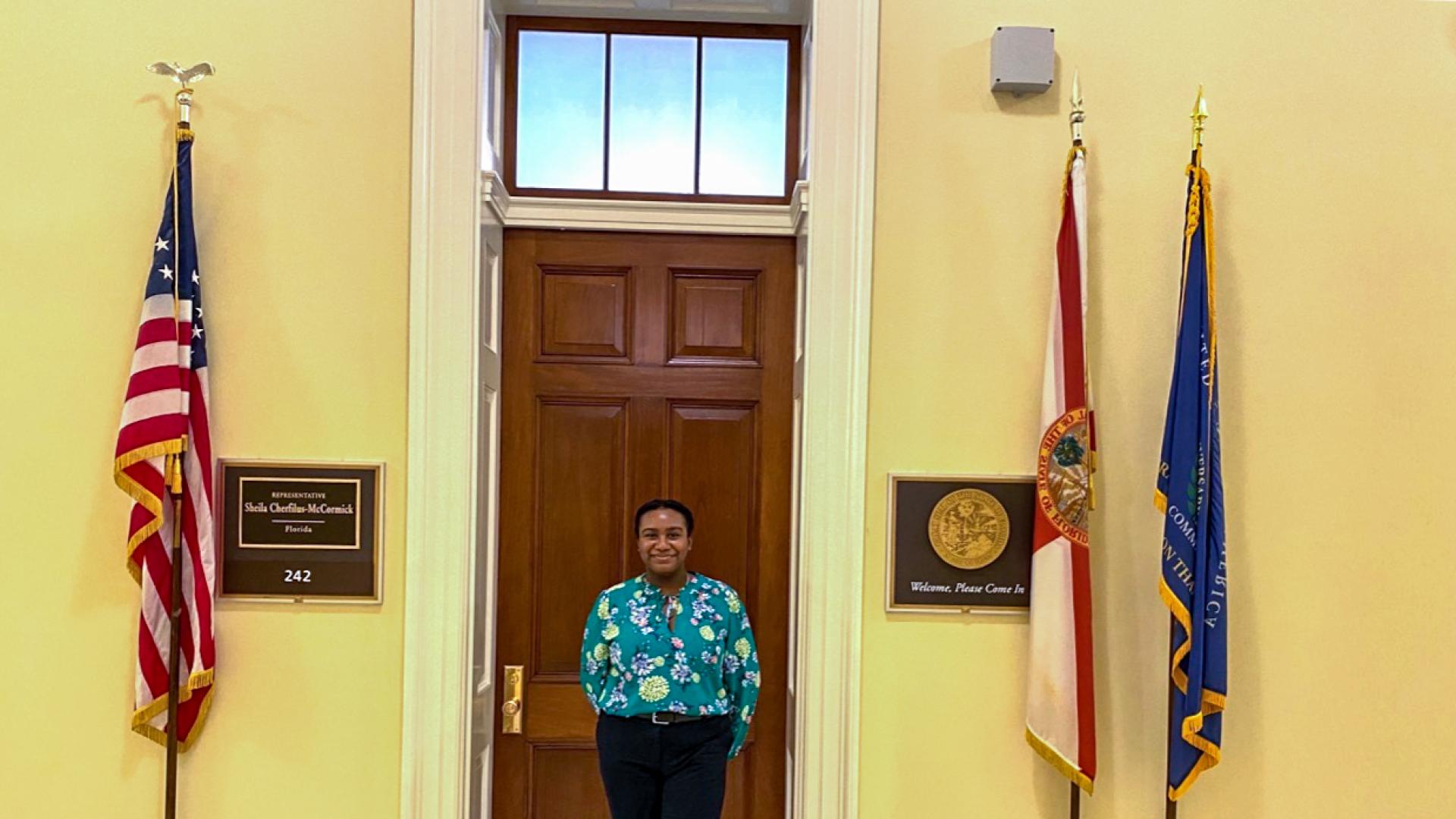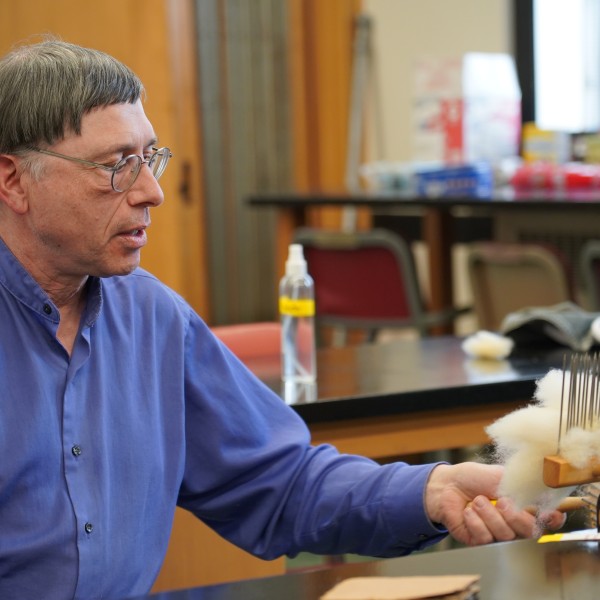How did you become a NY CARET Delegate?
NY CARET Delegate opportunities are awarded to agricultural producers, commodity leaders, agribusiness leaders, state and local officials, consumers, scientists, and members of agriculture advisory boards. New York is the only state to appoint undergraduate students as well. I believe I was chosen for this role given my extensive background in agricultural research and community outreach. I learned about leadership development and connected with international peers as a Cargill Global Scholar. I also conducted research based in Kenya as a Borlaug-Ruan Scholar. I am also a leader on campus where I started The Cornell Egg-Vengers—which is dedicated to reducing food waste in Tompkins country and improving food security within the community as well. My personal and professional experiences with food production, food systems, and how they relate to communities is a topic dear to my heart and has been at the core of almost everything I have done since I was a sophomore in high school.
What does this opportunity mean to you?
Dr. Dionne Toombs, acting director of NIFA, spoke at this year’s National CARET meeting about the continued push for diversity, equity, and inclusion in agricultural spaces. As a Black woman and first-generation Jamaican American, I feel it is important to create a space for marginalized voices. Many tribal and historically Black colleges and universities are land-grant institutions. Underrepresented students in agriculture deserve to have access to the resources going to these institutions, the opportunities available and the confidence to pursue them. Historically marginalized communities are disproportionately affected by things like the prevalence of nutrition-related chronic diseases and certain social determinants of health, like food insecurity. I believe having voices that connect deeply to these issues through their identity is very important to finding the solutions to them.
What most excites you about this opportunity as a delegate for CARET?
Bringing the perspective of young people to Congress and to the Agricultural realm is very important to me, as my generation is going to be responsible for improving food systems, tackling climate change, maintaining sustainability, mitigating disparities in social conditions, and advancing the welfare of all animals, especially those used for consumption. Young people have great ideas and we see things in such a different and unique lens. I believe we should have a seat at the table that is working to solve big issues that will ultimately affect us the most.
If you had unlimited grant funding, what major problem in your field would you want to solve?
I would really want to tackle food waste, which will also inevitably help food insecurity as well. My grandmother worked three jobs in Jamaica and abroad to simply put food on the table, often not eating herself so my mother and my uncle could have something in their stomachs. The inefficiency and red tape around delivering unused food to those in need is frustrating. And there has to be a better way to ensure that 40% of America’s food can end up in the bellies of the 48 million Americans who experience food insecurity. The beauty of agriculture is that everything is connected. Addressing these large issues at first feels more daunting, but if one reminds themselves that all issues are interconnected, it becomes much more manageable. An improvement in one issue, like food waste, means better outcomes and/or results in another issue, like food insecurity.
What are some things you enjoy outside of your field of study?
I’ve always had a creative spirit, so in my free time, I love to draw and create clay sculptures. I also love to cook! I actually cooked and sold Jamaican food at the Ithaca Farmers Market during my time here at Cornell. Additionally, I have a toy poodle named Gnocca who is my whole world. Playing with her makes every day better! Lastly, I enjoy traveling, meeting new people and eating good food. I value developing my level of cultural competency, and I try to be as open as I can anywhere I go (a trait instilled in me by my mother). I believe that you can’t grow if you don’t challenge yourself enough where you’re uncomfortable.
Daniella Garcia-Loos Almeida ’25 is a physics major in the College of Arts and Sciences and a student writer for Cornell CALS Department of Animal Science.





